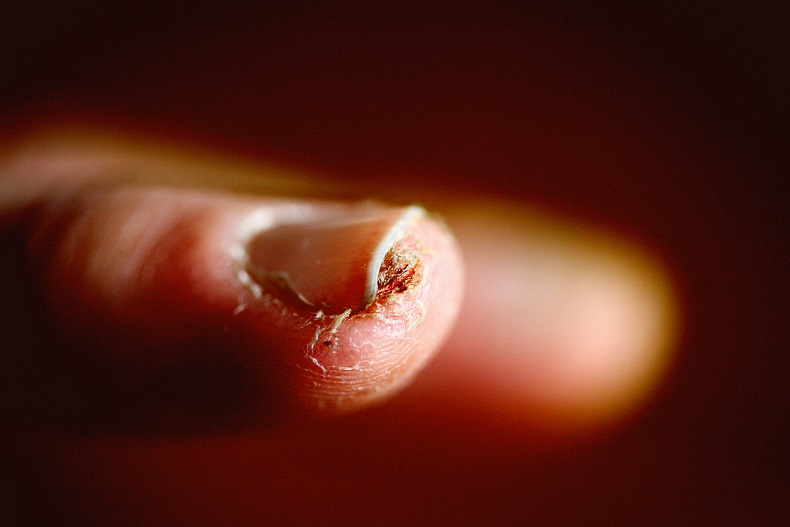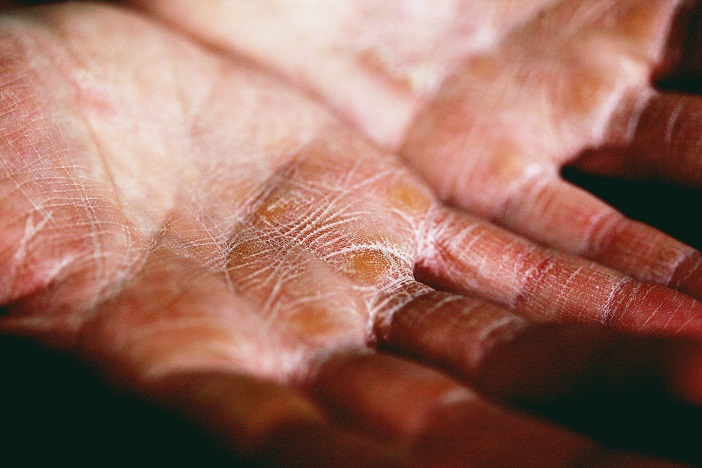If you have ever suffered from a dry, scaly, itchy rash that just won’t go away, there’s a good chance you might be dealing with eczema. Eczema is a common skin condition that affects millions of people worldwide. It can range from mild to severe and can cause pain, discomfort, and even embarrassment for those who suffer from it. But the good news is that there are many home remedies out there that can help treat eczema and keep it from coming back. In this blog post, we will discuss what eczema is and some of the natural home remedies that may help reduce its symptoms.
What is eczema?
Eczema is a medical condition that causes the skin to become irritated and inflamed. The most common type of eczema is atopic dermatitis, which typically appears as a red, itchy rash. Eczema can occur on any part of the body, but is most often found on the face, hands, and feet. While there is no cure for eczema, there are treatments that can help to soothe the itch and inflammation. Some home remedies for eczema include:
– Applying a cool compress to the affected area
– Taking a short, cool bath
– Using an over-the-counter (OTC) cream or ointment
– Wearing loose-fitting, breathable clothing
– Avoiding triggers, such as harsh chemicals or certain fabrics
The Different Types of Eczema
There are four main types of eczema: atopic dermatitis, contact dermatitis, seborrheic dermatitis, and stasis dermatitis.
Atopic dermatitis is the most common form of eczema and usually starts in childhood. It is characterized by dry, itchy skin that can become cracked and bleeding.
Contact dermatitis occurs when the skin comes into contact with an irritant or allergen. This can cause a red, itchy rash.
Seborrheic dermatitis is a form of eczema that affects the scalp, face, and chest. It is characterized by scaly, flaky skin.
Stasis dermatitis occurs when blood flow to the legs is poor and fluid leaks out of the blood vessels. This can cause swelling, redness, and itching in the legs.

The Causes of Eczema
There is no one single cause of eczema, but it is thought to be caused by a combination of genetic and environmental factors. Eczema may be caused by an overactive immune system, which causes the body to produce too much of a protein called immunoglobulin E (IgE). IgE can trigger inflammation in the skin, leading to eczema symptoms.
Environmental factors that may contribute to eczema include:
• Dry skin: When the skin doesn’t have enough moisture, it can become dry, cracked, and irritated, which may lead to eczema.
• Allergens: substances that trigger an allergic reaction, such as dust mites, pet dander, or certain foods.
• Irritants: substances that can irritate the skin, such as harsh soaps or detergents, cigarette smoke, or pollen.
• Temperature changes: extreme changes in temperature (either hot or cold), humidity, or sweating can trigger eczema flare-ups.
The Symptoms of Eczema
Eczema is a skin condition that results in red, itchy, and inflamed skin. The most common form of eczema is atopic dermatitis, which typically begins in childhood. Other forms of eczema include contact dermatitis, nummular eczema, and seborrheic dermatitis. Symptoms of eczema can vary depending on the type of eczema, but often include dry skin, itching, redness, and burning. In some cases, the skin may also blister or crust over. Eczema is not contagious and cannot be spread from person to person. There is no cure for eczema, but there are treatments that can help to manage the symptoms and improve quality of life.

Home Remedies for Eczema
There are a number of home remedies that can help to ease the symptoms of eczema and speed up the healing process. These include:
– Applying a cool, damp cloth to the affected area to help soothe itching and inflammation.
– Adding oatmeal to your bathwater to help relieve dry, itchy skin.
– Using a mild, unscented soap or cleanser when washing your skin.
– Applying a moisturizer immediately after bathing to help lock in moisture.
– Avoiding sudden changes in temperature or humidity, which can trigger flare-ups.
– Wearing loose-fitting, breathable clothing made from natural fibers like cotton.
If you’re dealing with eczema, these simple home remedies can make a big difference in your symptoms. Be sure to talk to your doctor if your symptoms are severe or don’t improve with self-care.
When to See a Doctor for Eczema
If your eczema is mild, you can try self-care measures at home to relieve symptoms. But if you have moderate or severe eczema, or if home remedies don’t help, see a doctor. A doctor can prescribe medicated creams, ointments, or pills to control your eczema and ease your symptoms.
Conclusion
Eczema is a common skin condition that can cause a lot of discomfort and frustration. Fortunately, there are many home remedies available to help alleviate the symptoms and reduce flare-ups. From oatmeal baths to apple cider vinegar compresses, these simple treatments can provide relief from dryness, itchiness, redness, and inflammation associated with eczema. However, if your symptoms persist or worsen despite using home remedies for eczema, it’s important to see a doctor who can provide additional treatment options.

